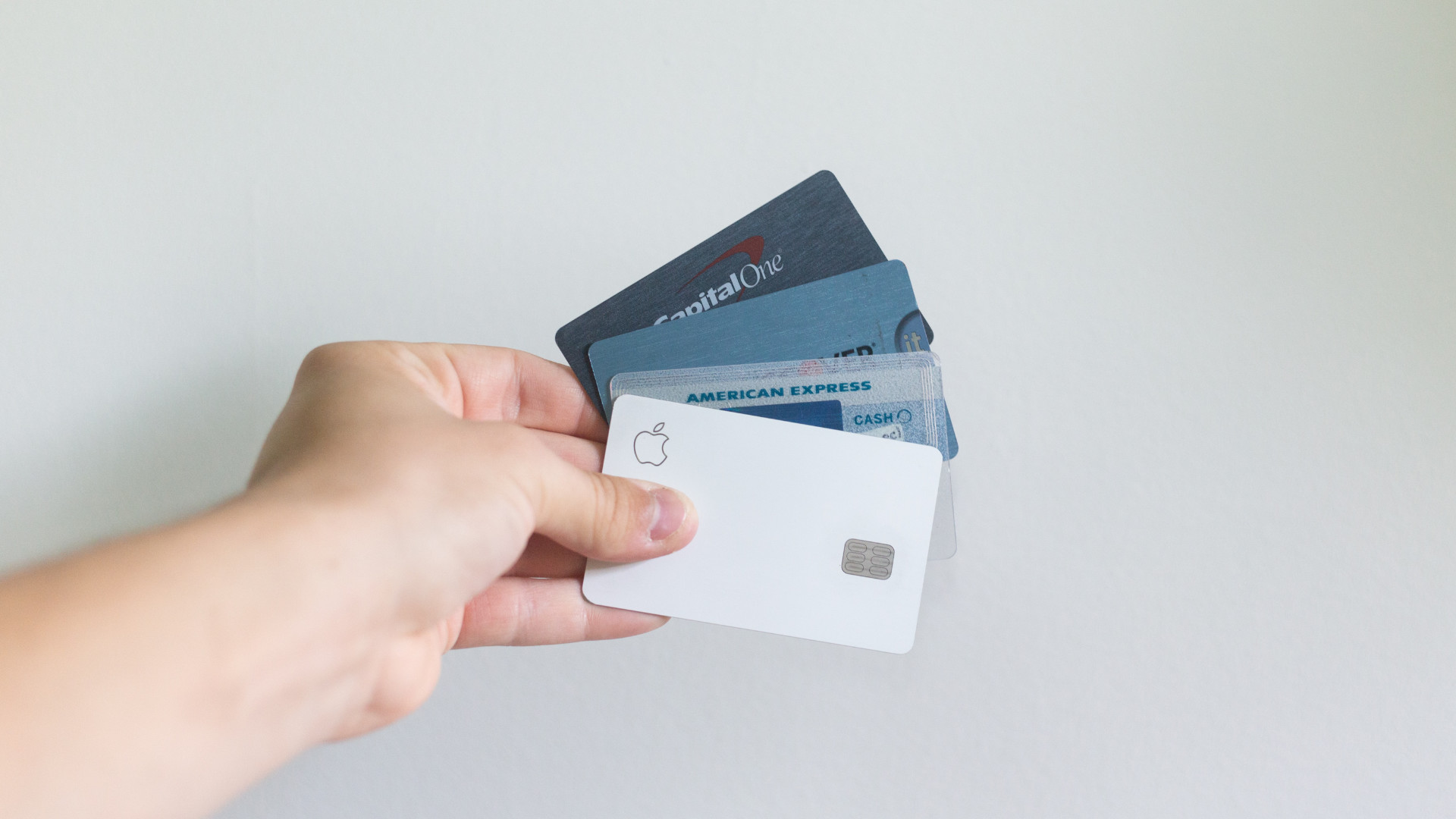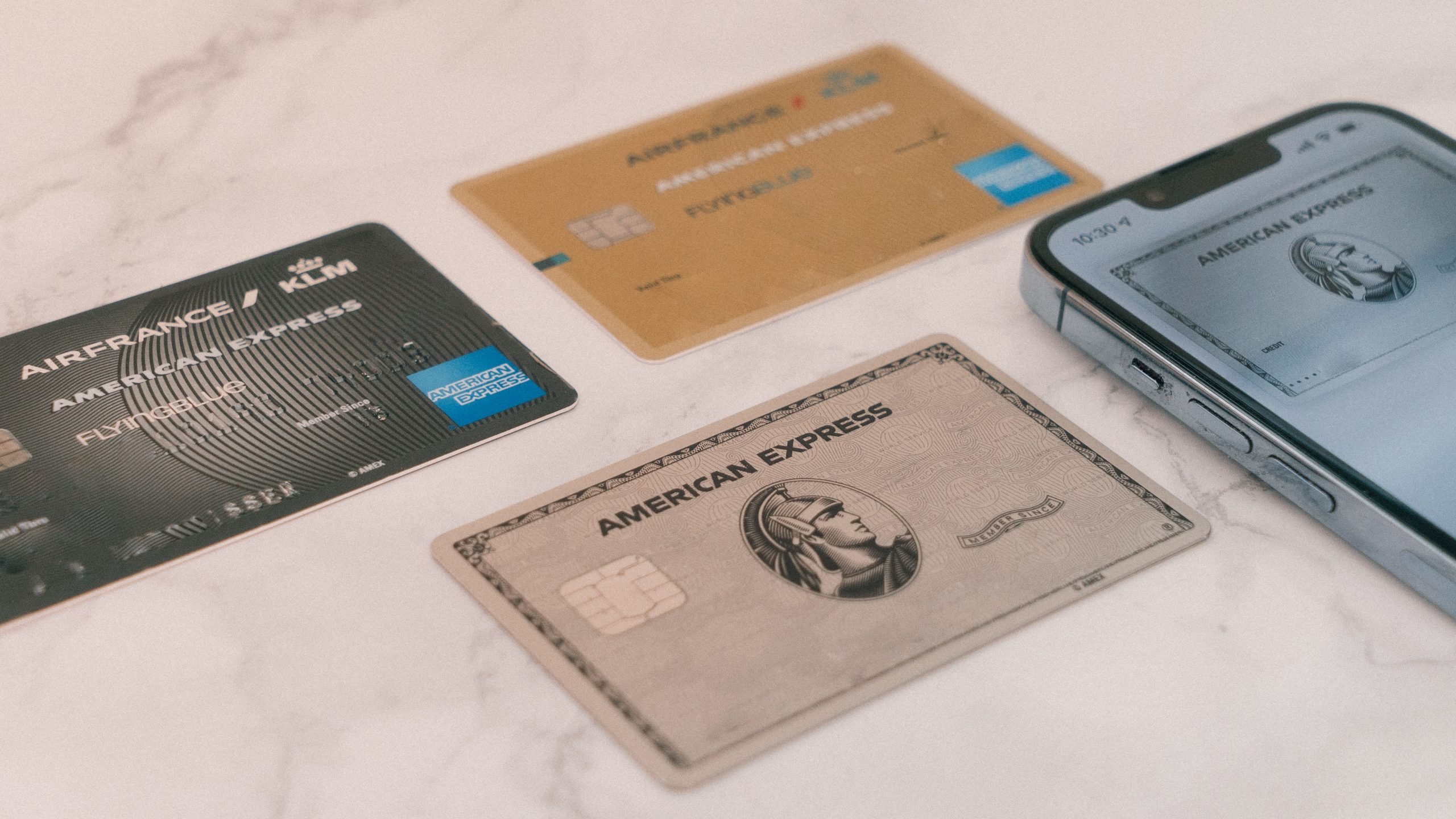How to Avoid Scams and Protect your Finances

In today’s digital age, financial scams have become increasingly sophisticated and prevalent. It is crucial to be proactive in protecting your finances and avoiding falling victim to scams. This article will provide you with essential tips and strategies to safeguard your financial well-being.
Recognizing Common Scam Tactics
Phishing Scams
Phishing scams are a common method used by scammers to trick individuals into revealing sensitive information. These scams often involve fraudulent emails or messages posing as legitimate organizations, such as banks or government agencies. To avoid falling victim to phishing scams:
- Be cautious of unsolicited emails or messages requesting personal information.
- Verify the legitimacy of the sender by contacting the organization directly through official channels.
- Never click on suspicious links or download attachments from unknown sources.
Impersonation Scams
Impersonation scams involve fraudsters pretending to be someone they are not, such as a family member, government official, or company representative. These scams can be conducted over the phone, through email, or even in person. To protect yourself from impersonation scams:
- Always verify the identity of the person contacting you, especially if they request personal or financial information.
- Be skeptical of urgent or high-pressure tactics used to manipulate you into making quick decisions.
- If in doubt, hang up the phone or end the conversation and contact the organization or person directly using official contact information.
Safeguarding Online Transactions
With the increasing popularity of online shopping and banking, it is essential to take precautions to safeguard your financial transactions.
Secure Websites and Payment Methods
When making online purchases or conducting financial transactions, follow these guidelines:
- Ensure that the website uses a secure connection (look for “https://” and a padlock icon in the browser’s address bar).
- Use trusted payment methods, such as credit cards or secure online payment platforms, that offer fraud protection.
- Regularly review your bank and credit card statements for any unauthorized transactions.
Strong Passwords and Two-Factor Authentication
Protecting your online accounts with strong passwords and enabling two-factor authentication adds an extra layer of security. Follow these best practices:
- Use unique, complex passwords for each online account.
- Enable two-factor authentication whenever possible to provide an additional verification step.
Staying Informed and Educated
Stay Updated on Current Scams
Scammers frequently adapt their tactics, so it is crucial to stay informed about the latest scams. Follow these steps to stay updated:
- Regularly check reputable sources of information, such as the Federal Trade Commission (FTC) or your local consumer protection agency.
- Be cautious of unsolicited messages or social media posts offering too-good-to-be-true deals or financial opportunities.
Educate Yourself and Your Loved Ones
Spread awareness and educate yourself and your family members about common scams. Discuss the following topics:
- How to recognize and avoid scams.
- The importance of protecting personal and financial information.
- What to do if you suspect you have been targeted by a scam.
Conclusion
By following these tips and strategies, you can significantly reduce the risk of falling victim to scams and protect your finances. Stay vigilant, stay informed, and always prioritize your financial security.
Remember, if something seems too good to be true, it probably is.







